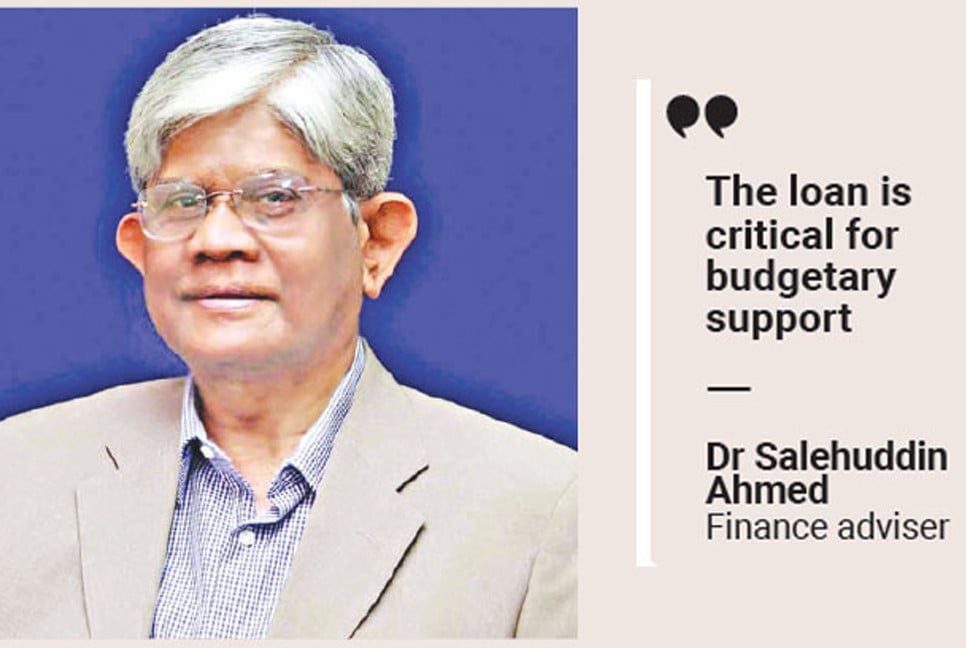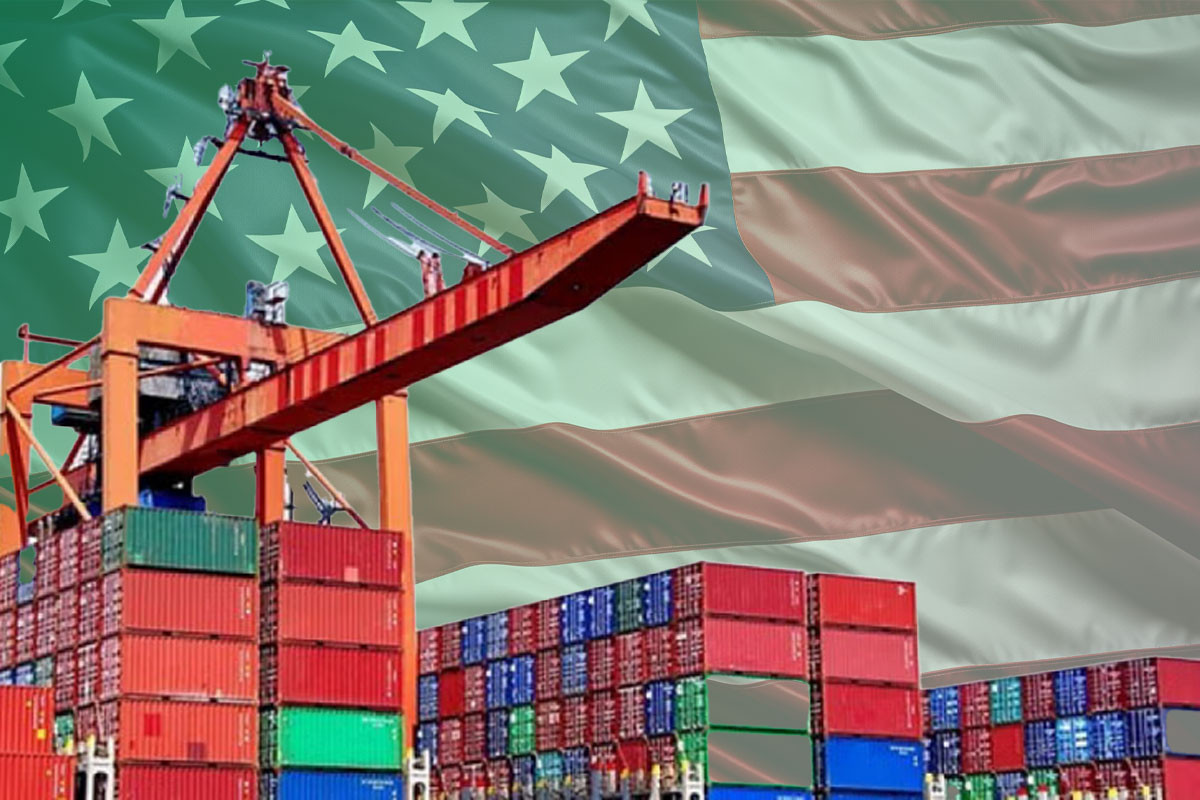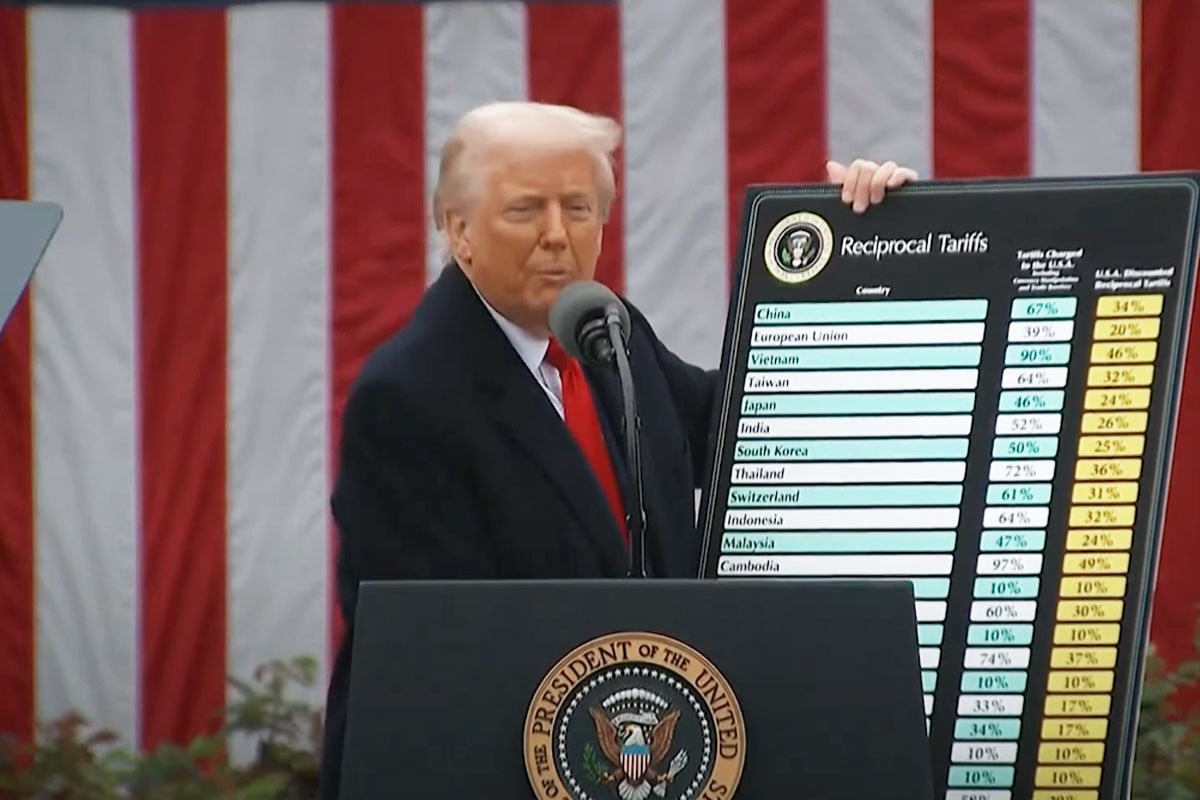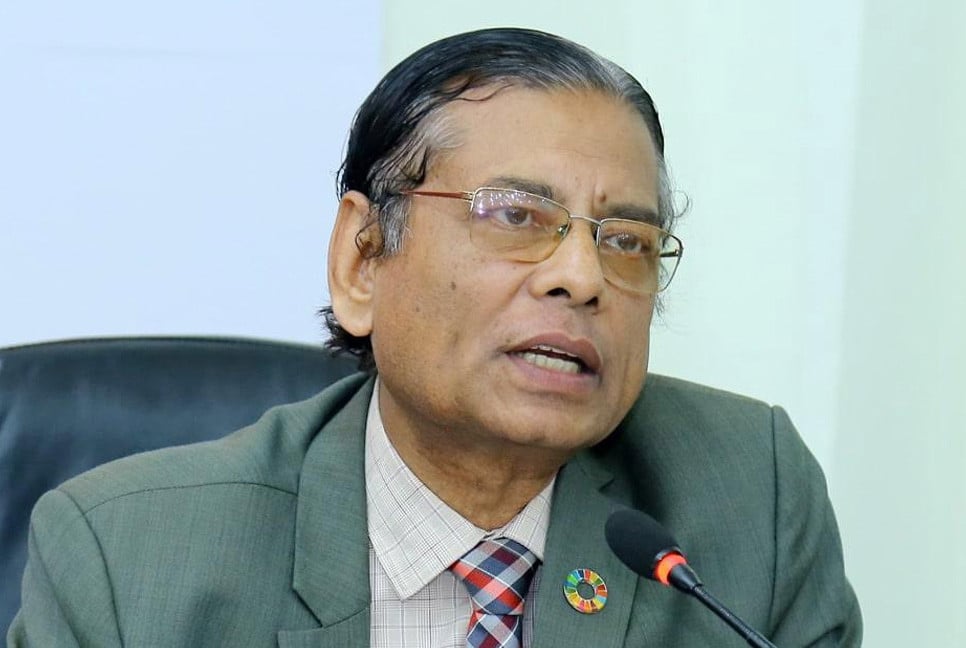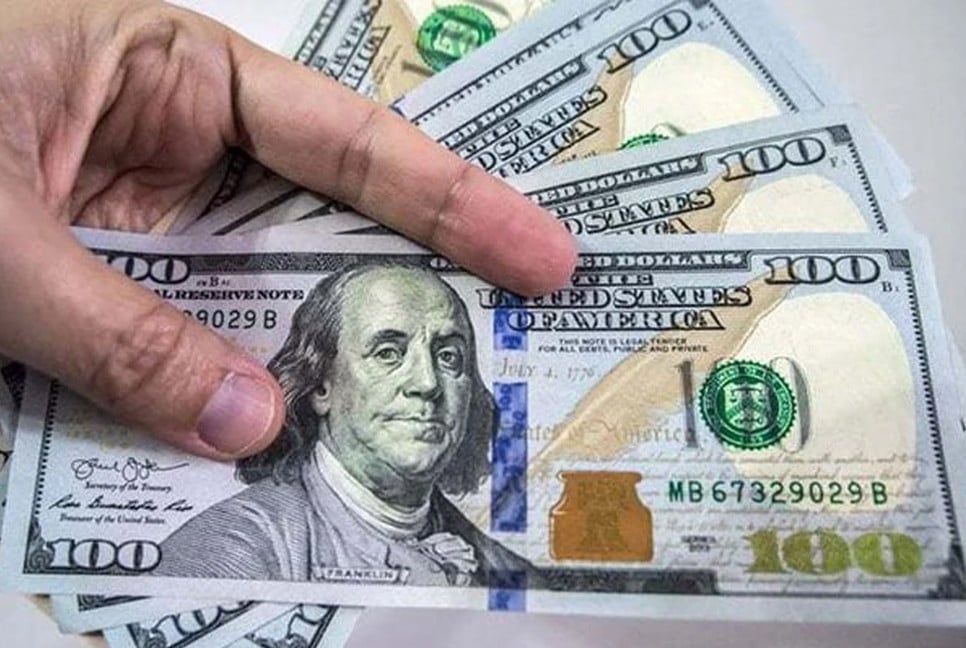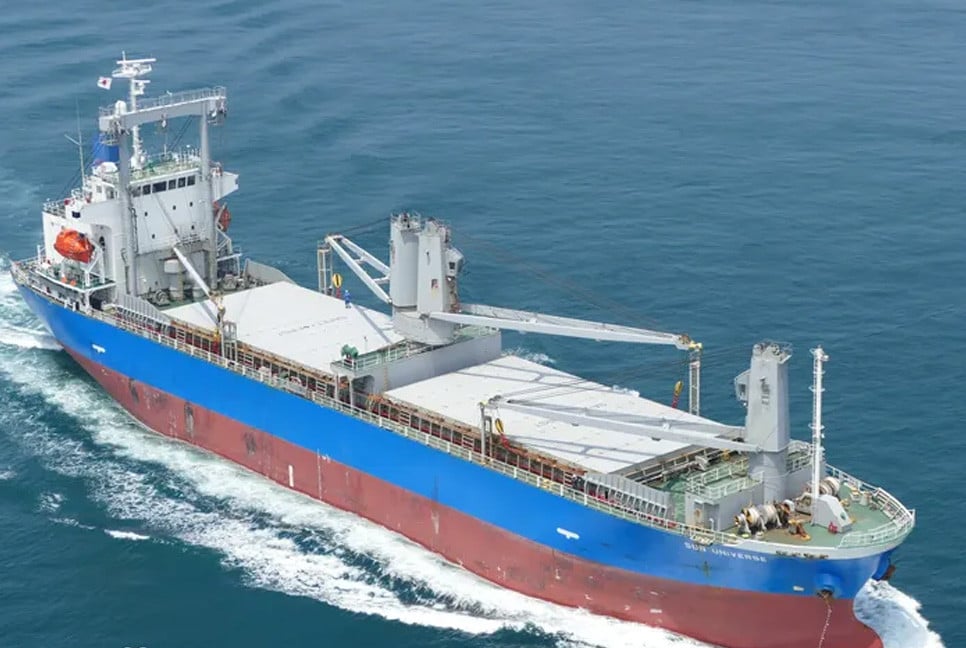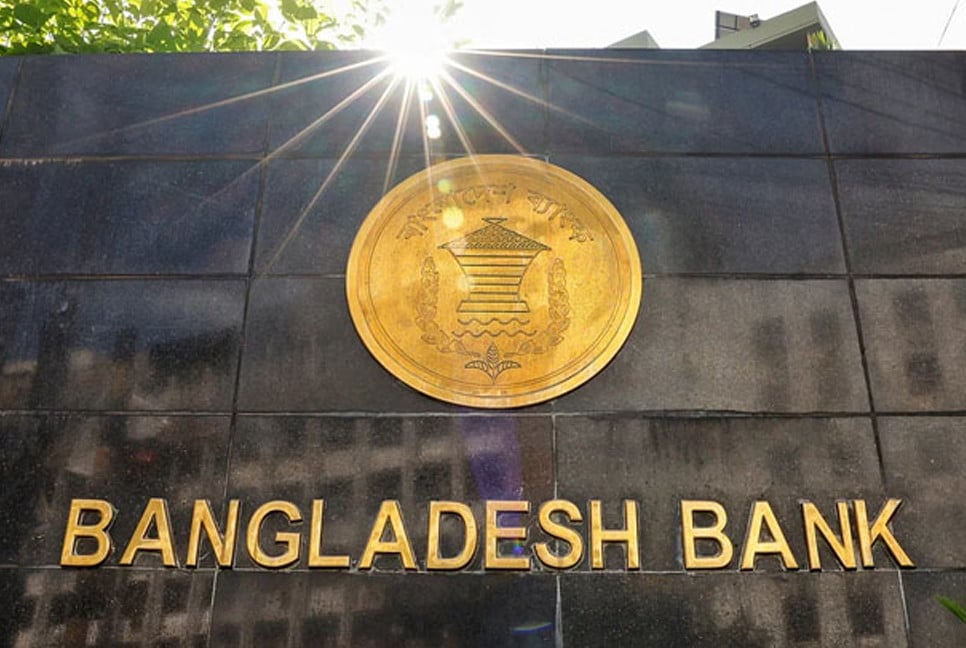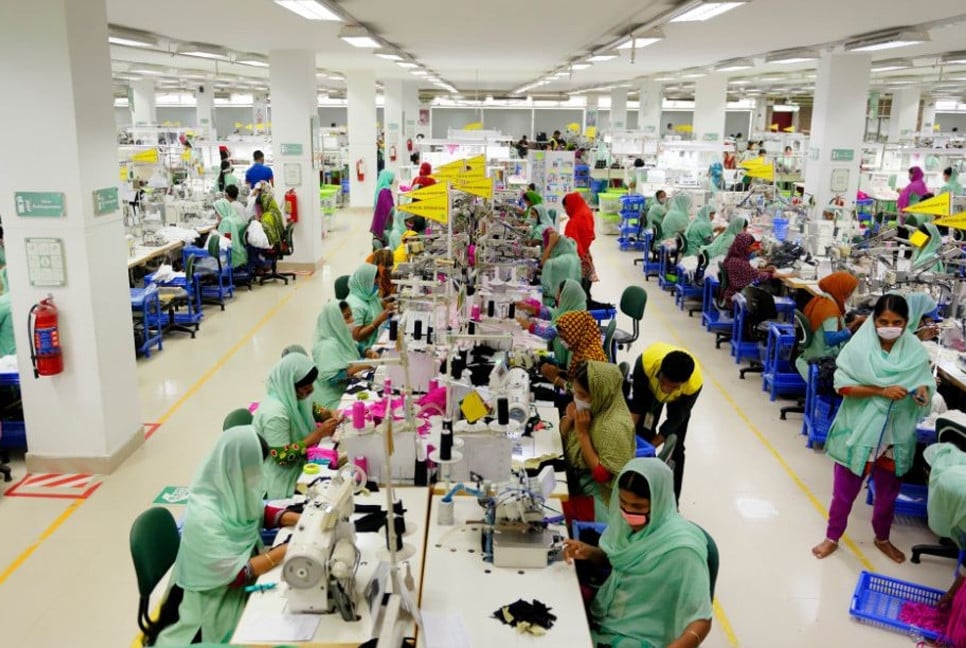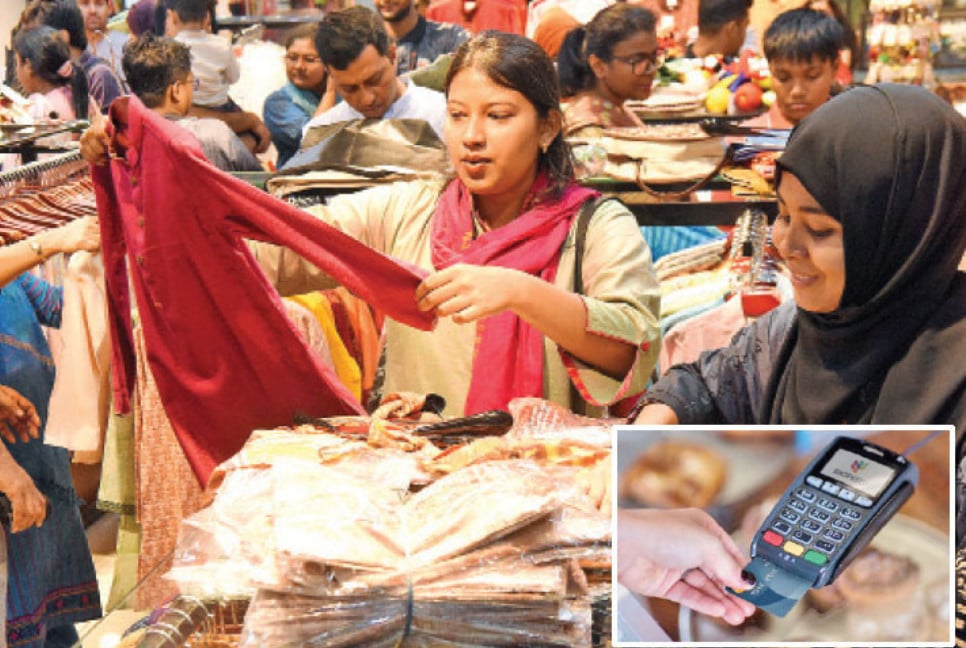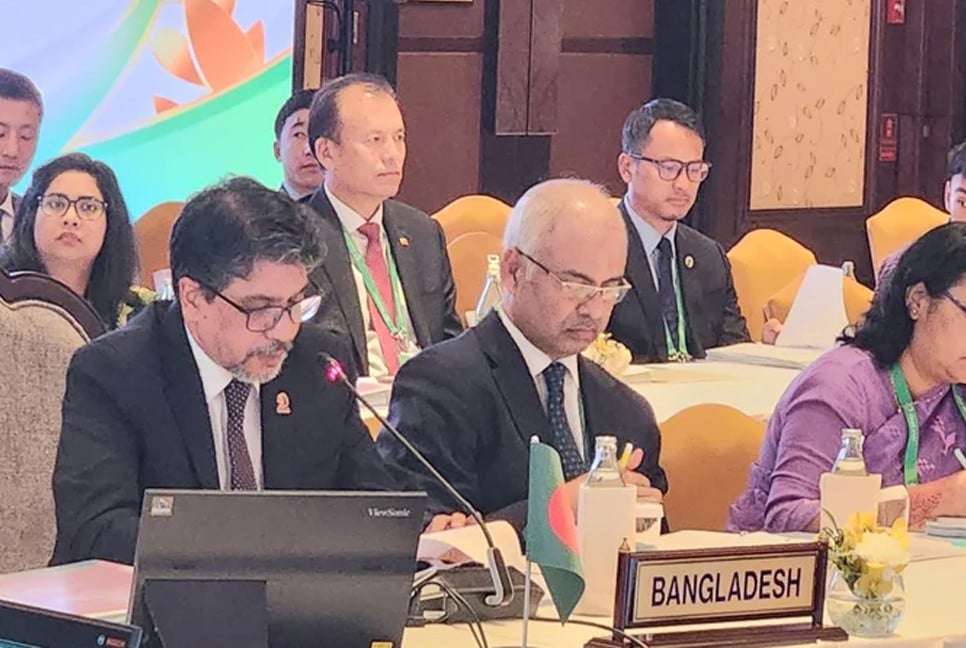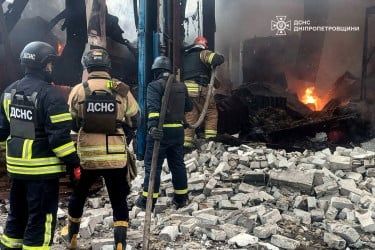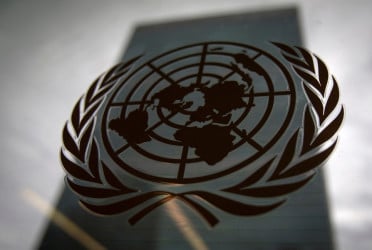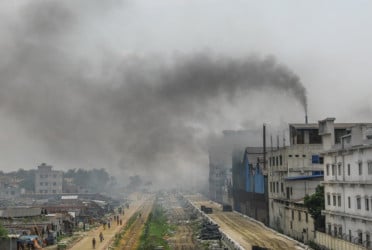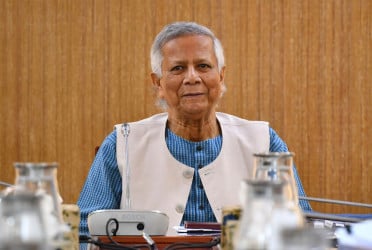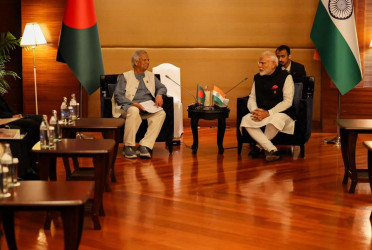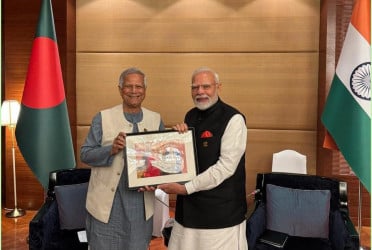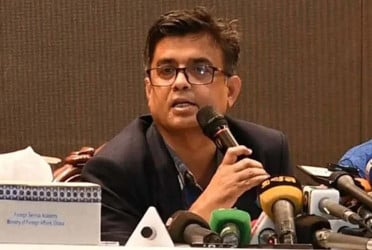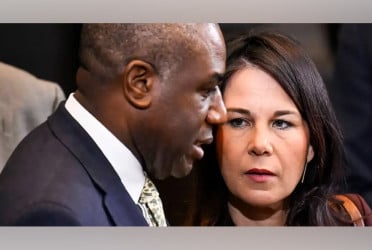A delegation of businessmen met Bangladesh Bank Governor Ahsan H Mansur on January 12. During the meeting, businesspersons expressed their helplessness and disappointment to the governor. They said that if the government does not help the businessmen, they have no option but to stop the business.
After 10 days of that meeting, business delegation chief and Bangladesh Chamber of Industries (BCI) President Anwar-ul Alam Chowdhury Parvez said, “We have told the governor to give us a graceful and dignified exit. The government should focus on the manufacturing sector to keep it alive. Businesses will be closed if the government does not assist. Like Parvez, all businessmen are disappointed in the current situation. If there is no transition from this situation, the country’s industrial factories will be closed. The economy will also collapse. Unemployment will increase.
The sales of all companies have decreased due to high inflation. Interest rates on loans are more than 15 percent. No company is running at its full capacity due to the increase in electricity and gas prices. Production of the factories has fallen by 30-40 percent. Businessmen can’t open Letters of Credit (LCs) on demand. The country’s credit growth in the private sector is 7.66 percent. Price has increased in new industrial gas connections. Tax/VAT on various commodities has been extended due to the prescription by the International Monetary Fund (IMF). In the overall situation, the survival of the industrial sector has become a challenge.
Anwar-ul Alam Chowdhury Parvez told Bangladesh Pratidin that the government should goal at how to retain employment. For this, it has to look at how the manufacturing sector can survive and be competitive. In order to save the domestic industry, attention should be paid to increasing the consumption of consumer goods in the country.
“Now, if the government thinks industry is needed, then it will do it. On the other hand, if the government thinks there is no need for industry, then it will do nothing. Because we can’t do anything in that case. The government should decide on how to retain the industrial capacity and employment by making it competitive.”
He also said the government has implemented the Annual Development Programme (ADP) of Tk 14,500 crore in the first 5 months of the current fiscal year. This has impacted the cement, steel, brick and sand business.
“The cement sector is now producing less than 40 percent of its capacity due to the closure of construction of the establishments. All industries will gradually face the same fate. It means the country’s industrial sector is becoming weak day by day. For this reason, we have told the central bank governor to give us a safe exit with honour,” Parvez added.
The BCI president said, “We want to create employment. The businessmen will give a proposal to the government in the first week of next month on what kind of steps should be taken to keep the manufacturing sector alive. Problems of energy, banks, NBR, law and order, and labour issues are being identified. A paper is being prepared by combining all sectors. It will have details on BGMEA, BTMEA, BKMEA, pharmaceutical industry, steel industry, automobile, ceramic, beverage and agro sectors.”
Abdullah Hil Rakib, former senior vice president of BGMEA told Bangladesh Pratidin that they are breathless. The government has increased VAT and tax. Fuel price has also been increased. The interest on the loan is more than 15 percent. The government is doing everything its own way. It doesn’t consult with stakeholders including the businessmen. For those these decisions have been made, how they will survive is not considered.
“If the government thinks that businessmen can afford additional prices, then we will fail. Industrial factories started to shut, and more factories will be closed in the upcoming days. The loss will be big if the government doesn’t give policy support to address the existing problems of the businessmen,” he opined.
bd-pratidin/GR


